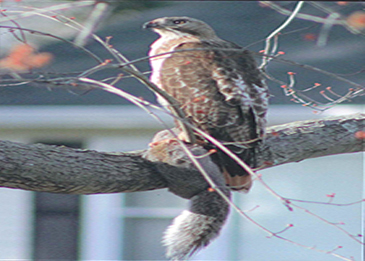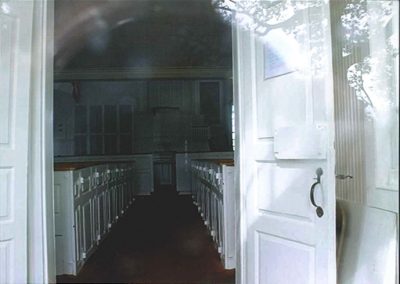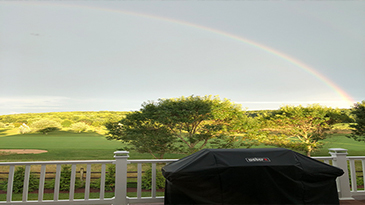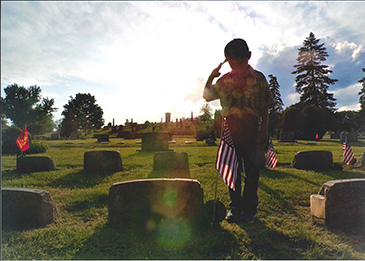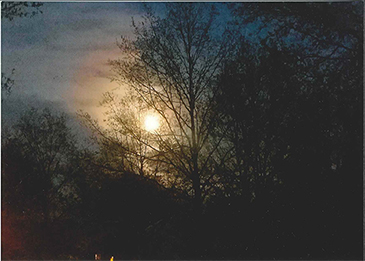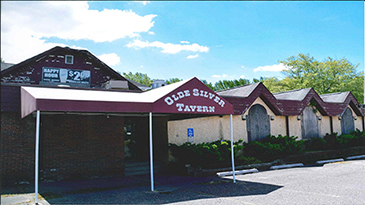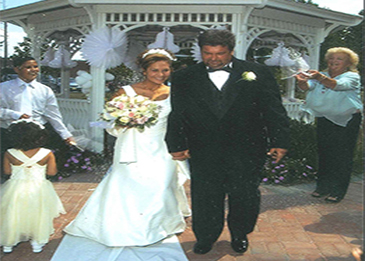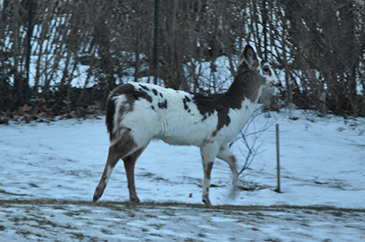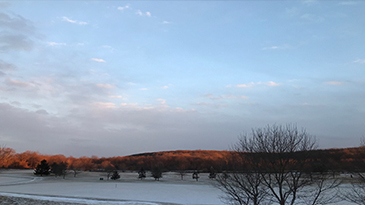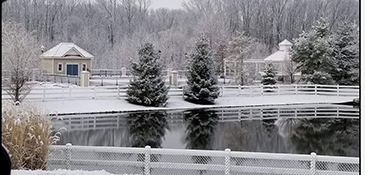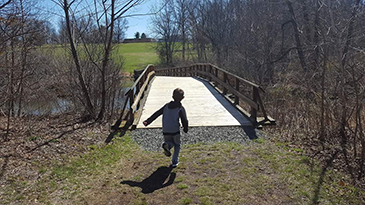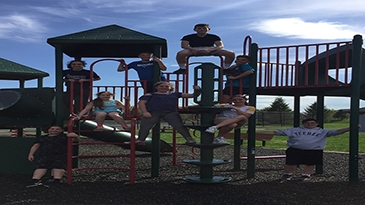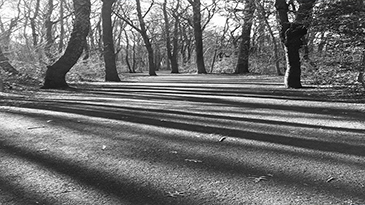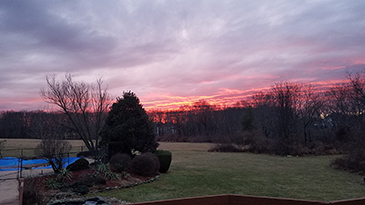Form of Gov/Org.
Manalapan operates under the township form of municipal government. The Township form of government is the oldest form of municipal government in New Jersey, having been first established by the Township Act of 1798, which created New Jersey’s original 104 townships. Today, the township form of government is contained in NJSA 40A:63-1 et seq. (PL 1989, c 157; otherwise known as the Township Act of 1989). The township form of government is “government by committee,” with the legislative and executive responsibilities of the municipality vested in the township committee as a whole. As of January 1, 1995 there were 149 township committees in New Jersey; 44 three member committees, 104 five member committees, and one nine member committee (Winslow Township).
The only elected officials under the township form are the members of the township committee. Township committee members must be residents of the township, and their terms of office begin on January 1 following their election at the November general elections. No township committee member shall hold over in office after the expiration of their term. In the township form, a plurality (the largest number of votes, but not necessarily a majority) is sufficient to elect a township committee member. The township committee consists of five members elected at large, and the members serve a term of three years. No more than two members are up for election in any one year, and every third year only one member will be up for election.
The voters of a township may vote to increase or decrease the membership of the township committee to either three or five members. A referendum on the question of increasing or decreasing the size of the township committee will be held at the next general election, whenever a petition containing the signatures of at least 15 per cent of the number of township voters who voted in the last General Assembly election is presented to the township clerk. The question of changing the size of the township committee may not be submitted more than once in any three year period.
The township committee shall hold its annual reorganization meeting on the first day of January at noon, or during the first seven days of January. At the reorganization meeting, the township committee shall elect one of their number to be the mayor, who shall preside at all committee meetings. The mayor under the township form has no additional authority, except as otherwise provided by law or the Township Act. A majority of the township committee shall constitute a quorum for the transaction of business. In order to pass an ordinance, a majority of the members of the committee must vote to approve it. The township committee may, at its reorganization meeting, establish subcommittees to assist it for the coming year.
The mayor is the chairman of the township committee and head of the municipal government. The mayor has all the powers placed in the mayor of all municipalities by general law. The mayor presides at all meetings of the township committee, and has the right to debate and vote on all questions before the committee.
The township committee is the legislative body of the township. Subject to general law and the provisions of the Township Act of 1989, the township committee may:
1. pass, adopt, amend and repeal any ordinance or, where permitted, any resolution for any purpose required for the government of the municipality or for the accomplishment of any public purpose for which the municipality is authorized to act under general law.
2. control and regulate the finances of the municipality and raise money by borrowing and taxation;
3. create such offices and positions as they deem necessary. The officers appointed thereto shall perform the duties required by law and the ordinances of the committee. Other than the township attorney, engineer, building inspector, the clerk, tax collector and tax assessor who shall serve for terms as provided in Chapter 9 of Title 40A of the New Jersey Statutes, these officers shall serve at the pleasure of the committee;
4. investigate any activity of the municipality; and
5. remove any officer of the municipality, other than those officers excepted by law, for cause.
The township committee has all the executive responsibilities of the municipality not placed, by general law or the Township Act, in the office of the Mayor.
The township committee may, by ordinance, delegate all or a portion of the executive responsibilities of the municipality to an administrator, who shall be appointed pursuant to NJSA 40A:9-136. The township committee may, by ordinance, adopt an administrative code. The administrative code shall restate the major provisions of the township’s charter and the general law supplementing the charter. The manner in which the township committee shall perform its duties shall be set forth in the administrative code. If the township committee organizes itself into standing committees or if the committee members serve as department heads, the administrative code shall specify the powers and duties of such committees or department heads and the manner in which they are appointed. The administrative code shall spell out the titles of the principal officers, how the officers are appointed, how they are organized into departments, boards, commissions, and other agencies; whom they supervise; what powers they have and what procedure should be followed to carry on the activities of the township government. The administrative code shall not grant any power or authority, nor authorize any procedure, unless such power, authority or procedure is authorized implicitly by the wording of the statute or reasonably derived by implication from the statute. The township committee is authorized to create such advisory councils as it shall see fit.
The township committee may, by ordinance, create the position of assistant municipal administrator. The assistant administrator’s primary function shall be to assist in the administration of the township under the direction of the administrator. Should the municipal administrator be absent or disabled, then the assistant municipal administrator shall have all the powers of the municipal administrator and shall perform all the functions and duties of the municipal administrator. The assistant administrator shall be appointed by, and may be removed by, the township committee. The township committee shall set the assistant administrator’s salary by ordinance. The township committee may, by ordinance, provide that the assistant administrator need not be a resident of the township.



